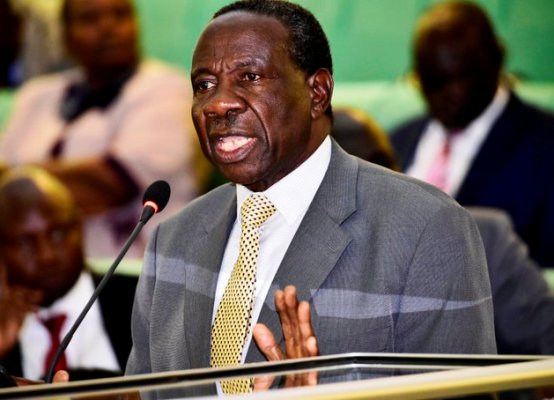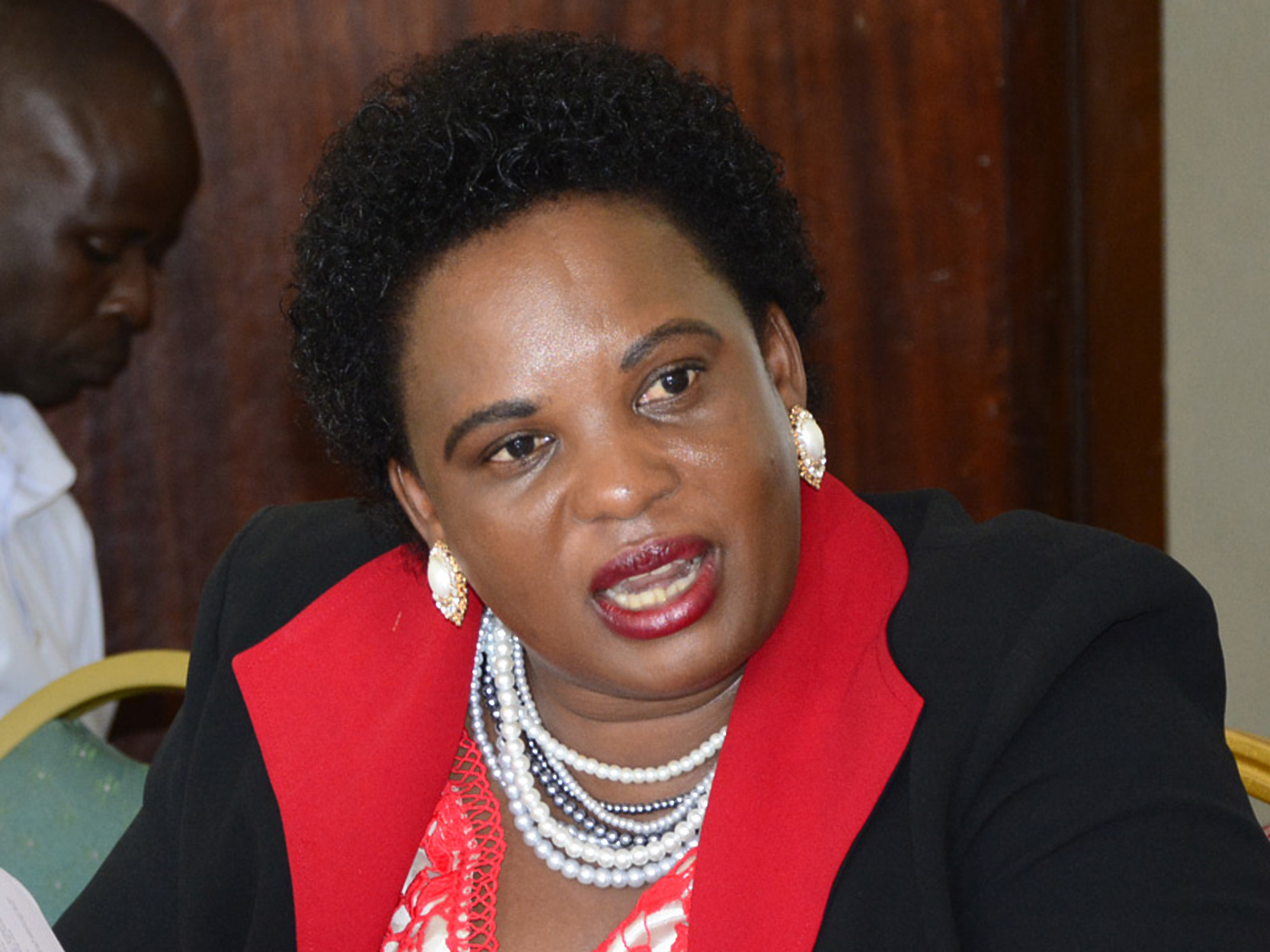The Petroleum Authority of Uganda has granted TotalEnergies clearance to conduct detailed engineering designs for the 190,000-barrel Central Processing Facility (CPF) outside of the country. Although there have been concerns that TotalEnergies may have flouted national content rules or denied Ugandan engineers from working on the project, the PAU has defended the company’s actions.
Alex Nyombi, the Director for Development and Production at the Petroleum Authority of Uganda, confirmed that TotalEnergies was allowed to conduct the studies outside of Uganda due to the need for specialized disciplines that are not yet available in the country.
Nyombi also explained that some of the detailed engineering work is being done in Uganda, but much of it is being conducted in London due to the specialized nature of the work. Transporting the experts to Uganda would have been more expensive than carrying out the work in London.
The Tilenga project’s Central Processing Facility (CPF) will process 190,000 barrels of oil and 700,000 barrels of total liquid per day. Unlike the Kingfisher project, which began drilling in late January, Tilenga’s operations are located in a national park, so the project has been approached with caution.
He confirmed that the rigs for the Tilenga project are already in the country, and their testing may take a while before the Petroleum Authority allows the rigging exercise to begin.
The rigs have been designed to ensure that they do not interfere with tourism and wildlife, as some environmentalists have expressed concern about the impact of noise pollution on iconic species such as elephants and giraffes
Since February of last year, TotalEnergies has been clearing the site for the Central Processing facility and other industrial areas in preparation for the first oil expected in 2025. The project is being undertaken by Mota-Engil Uganda in an area covering approximately 700 acres of land. The complex will also host construction camps, a drill support base, and a construction support base.
Nicolas Terraz, Vice President of TotalEnergies E&P Africa, has said that the project will be executed in line with the company’s commitment to biodiversity and minimizing its impact on the local community.
“Significant resources have been mobilized to implement them in an exemplary way. For four years, the affiliate has been in close contact with the local people and has been striving to minimize the project’s impact on the local community. We are proud to be a part of these major developments for the Company that promises to transform their host countries, “said.
The Tilenga project is operated by TotalEnergies (56.6%), in partnership with CNOOC and UNOC, and is expected to create 8,000 jobs while spending over $700 million on local business. The Tilenga project involves the development of six fields and the drilling of around 400 wells from 31 locations.
The production will be delivered through buried pipelines to a treatment plant built in Kasenyi, where the fluids (oil, water, gas) will be separated and treated. The operators have committed to re-injecting all of the water produced into the fields and using the gas to produce the energy needed for the treatment process.
Surplus electricity will be exported to the pipeline and the Ugandan grid. Tilenga is one of the two mature production projects operating in the Albertine Graben, the other being the Kingfisher project operated by China’s CNOOC.
Uganda has four exploration licenses for oil and gas operations, including Kasureban, held by Uganda National Oil Company, Ngasa Shallow and Ngasa Deep, held by Oranto Petroleum, and Kanywataaba License, held by Armor Energy.
It is expected that Armor Energy and Oranto will begin drilling wells by the end of this year.
-URN





